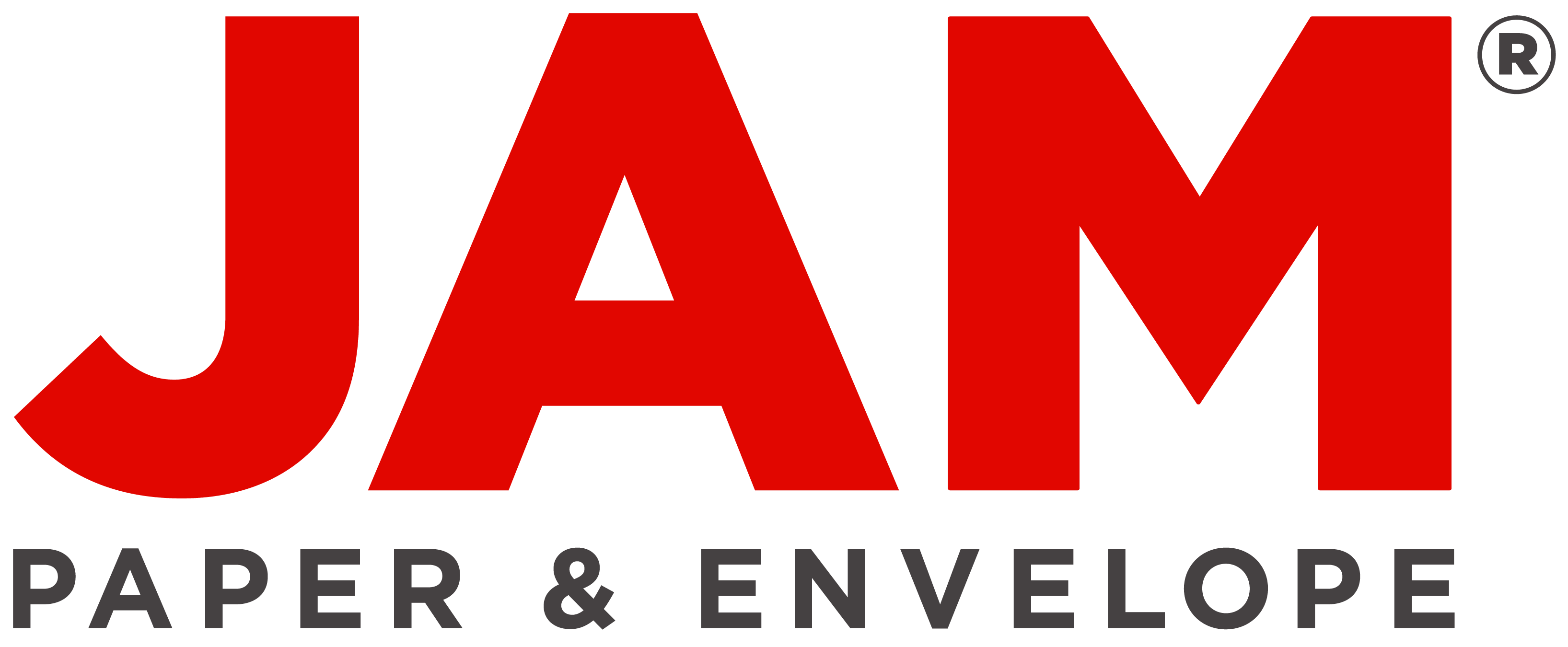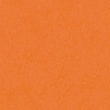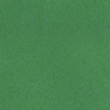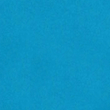An Interview with JAM Paper 2018 Teacher Scholarship Winner
- By Andrew Jacobs
- Aug 27, 2018
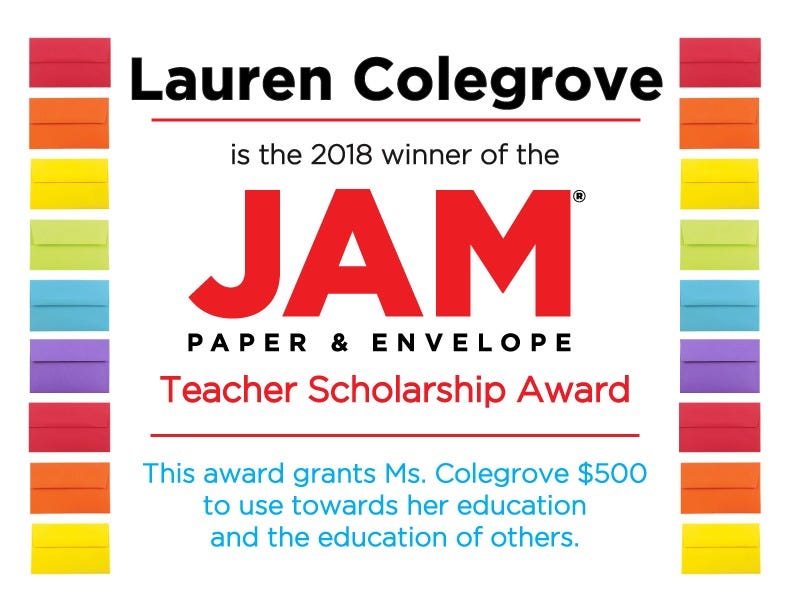

You mentioned in your essay you’ve taught in Bangladesh, Ghana and Philadelphia. And now you’re settling in to teach English in South Korea. What made you decide to leave home and travel around the world to teach? I had an incredible experience in college where our social justice documentary film professor took our class to Ghana, where we spent time learning about the education system and motivation of students in a progressive rural school. It was inspiring to learn how much the students at the school value education, and I volunteered there as a journalism teacher the summer after I graduated. I had the opportunity to teach a similar journalism curriculum in Bangladesh a few years later. In each situation teaching abroad I have learned so much from my students about respecting cultural differences and perspectives in values, and I am looking forward to doing so again in South Korea! Were you ever afraid of the challenges that would come your way (or came your way) by exploring these different environments, or did you welcome them? I haven't experienced fear so much as having to learn how to become more flexible. Some of the biggest hurdles – not just when in different environments, but in life in general – are having your expectations challenged. I think it is crucial to learn how to support an informed opinion, but also be open to learning from others. This isn't something that has to be gained by traveling around the globe; it can be practiced by engaging with people who see and interact with the world in a different way than you do, whether by reading alternative opinions online or talking to people in your own community who have varying backgrounds. Listening doesn't mean you have to agree with them, but you just might learn something if you keep an open mind. I was particularly intrigued by your involvement with the global nonprofit Better World Ed. How did you become a volunteer writer, and what has your experience been like helping to create a global curriculum that is based on empathy development? I connected with Better World Ed. a few years ago, and it has been inspiring to see how the movement to support empathy development in classrooms has grown! With a background in journalism, I have helped create the narratives that are based on interviews with individuals around the world who are positively impacting their own communities. Our team integrates reflection questions to help students explore and relate to the experiences of these leaders, while developing critical thinking skills through perspective-shifting. Through my involvement, I have learned so much about my own assumptions and how every single person has a story from which we can learn. You want students to understand that they are “global citizens” who, by having both empathy and knowledge, can make this world a better place. Would you be able to share some ideas that you have for integrating empathy development into a traditional lesson plan? It can be really easy to assume that students (and for that matter, all of us) become compassionate and active listeners by… well, it just comes naturally. With this view, in the classroom crucial skills like empathy development can be overlooked in favor of subjects that are traditionally easier to measure, such as math and language arts. Better World Ed. integrates social and emotional learning (SEL) through short, wordless videos, first-person narratives and lesson plans that can be used in any classroom setting, as well as by parents and community leaders. We call these Empathy Challenges. The key is not to just tell students about other people, but to show them their experiences and suspend judgment as we learn from them. Woven into the stories are reflection questions that encourage students to think about their own lives and what connects us to the wider world. Each story is also accompanied by lesson plans and math questions aligned to elementary/ middle school academic milestones that offer real-world examples and allow students to see how a person could use this math skill in their daily life. As math classes are often where students feel most disconnected and the refrain of, “But when am I really going to use this?” is most likely to be heard, these offer an opportunity for teachers to have discussions about how these skills are relevant. You said you’re continuing your own education by pursuing a master’s degree in instructional design via the online school, Western Governors University. But what do you think is next for you? Do you want to continue this inspiring path you’re on by teaching across the world? As my Master's degree is going to be in Instructional Design, I definitely want to continue creating lesson plans that are effective, engaging, and inspiring. This fall I will be back to teaching in a classroom which I am very excited about, and in the future I want to continue directly impacting students' lives while still creating scalable, global lesson plans. Last, but not least, what is your favorite item or school supply to purchase from JAM? I'm a big fan of Jam's portfolios! There are a wide array of options– each great for protecting, storing, and organizing important school papers throughout the year! Congrats to Lauren Colegrove, and thank you for an amazing interview! Good luck with all of your future endeavors! Interview conducted by Diana Oliveira, Ecommerce Content Writer at JAM Paper & Envelope.
